Talking is easy, communicating can be difficult. And the larger the audience, or stakeholder group, the greater the challenges. Foundational knowledge on the topic, role relevance, and personal interest, play a big part in how we perceive a message. Unfamiliar terms, industry acronyms, and jargon can add to the confusion, especially across organizations where unique, industry languages are used within each business unit and department.
With sustainability commitments taking a bigger role in corporate messaging, a new vocabulary is emerging, requiring a shared understanding of new terms and initiatives, and a shared language that is understood enterprise wide. #Circularity commitments are a great example.
Terms like Circularity and Circular Economy are becoming more common in business vernacular, but recent initiatives addressing plastics pollution have elevated this topic in the public domain and clarified the meanings on a global scale. One example is the New Plastics Economy Global Commitment, which launched in October 2018. As a joint effort of the Ellen MacArthur Foundation and the U.N. Environment Programme, the Global Commitment “unites businesses, governments, and other organizations from around the world behind a common vision of a #circulareconomy for plastic, in which it never becomes waste or pollution.”
Now, the idea of a circular economy is not new. In fact, a 1966 book The Economics of the Coming Spaceship Earth,introduced the idea that the economic system should follow a circular flow for materials and energy to fit within the ecological system and its finite resources.
Essentially, creating a circular economy requires us to re-evaluate our ideas of “waste,” and shift our vocabulary and mindset from waste management to #materialsmanagement. Changing our mindset enables changing behaviors, introducing another new term, waste valorization. Also called beneficial reuse, value recovery or waste reclamation, waste valuation refers to the process of “residuals or waste from an economic process being given economic value through reuse or recycling into economically useful materials”. Examples of this change in action include the now best practice of #recycling post-industrial resin (PIR) within sustainable plastic cap manufacturing processes, rather than labeling as waste; and the use of #post-consumer recycled (PCR) content in packaging caps and closures.
Since its inception, The Global Commitment issues a progress report on their 2025 goals, which are:
- Ensure 100% of plastic packaging is reusable, recyclable, or compostable
- Achieve ³26% post-consumer recycled content target across all plastic packaging used
- 20% reduction in virgin plastic use between 2018 and 2025
- Take action to move from single use towards reuse models where relevant
- Eliminate problematic or unnecessary plastic packaging
The 2022 findings state that achievement of the 2025 goals is unlikely, and the report called on businesses and government to take immediate action, reinforcing the urgency for progress.
As an Activator of the @U.S. Plastics Pact, Closure Systems International (CSI) has committed to similar goals in the pact’s #Roadmap to 2025. Our participation in the US Pact has influenced our R&D efforts, resulting in several new initiatives designed to drive achievement of product related sustainability goals.
Examples include:
- Development of PolyCycle®, CSI’s proprietary PCR product
- Replacing 2-piece closures with 1-pieces designs and eliminating problematic foil and multi-material seals
- Innovating a tethered closure design which helps increase the collection, recovery, and recycling of caps and closures
With all of the climate related challenges CPG, FMCG, pharma, and food and beverage companies face, your value chain should be partners who understand those challenges and can help your organization achieve sustainability #packaging goals and commitments. If you are looking for solutions for your own sustainable packaging needs, or if packaging design for #recyclability and circularity are just showing up in conversations, CSI’s team of closure experts can help address sustainability needs across the #lifecycle of your products.
For more information, contact CSI today at 1-800-311-2740 or csifeedback@csiclosures.com.


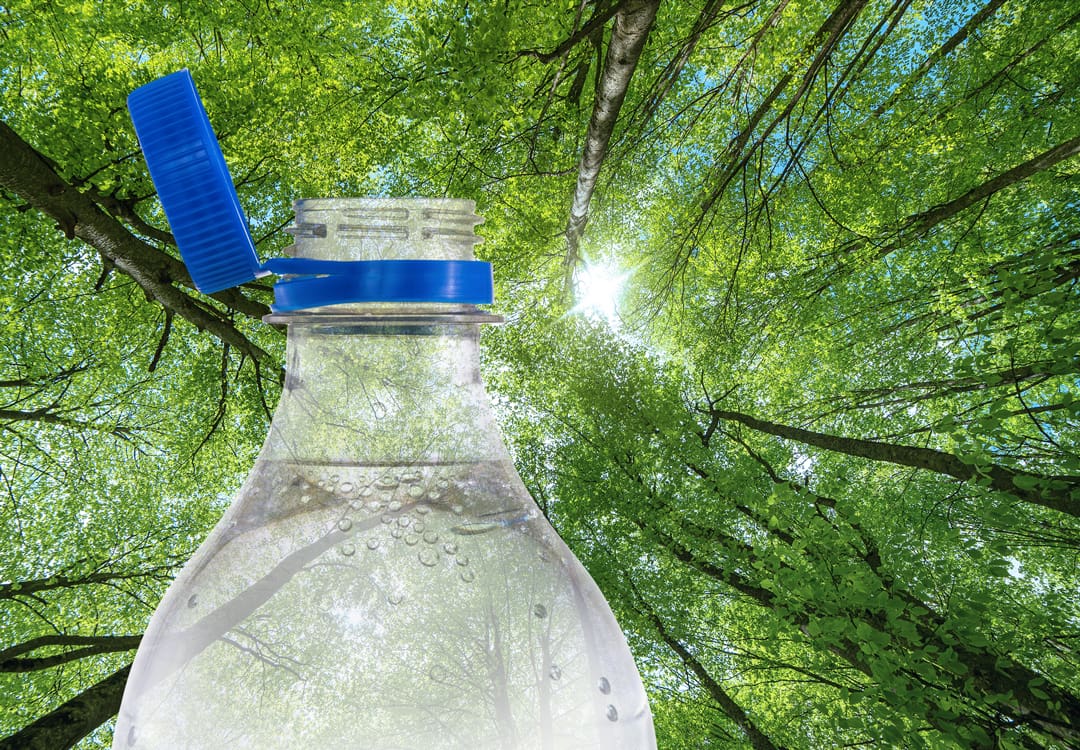
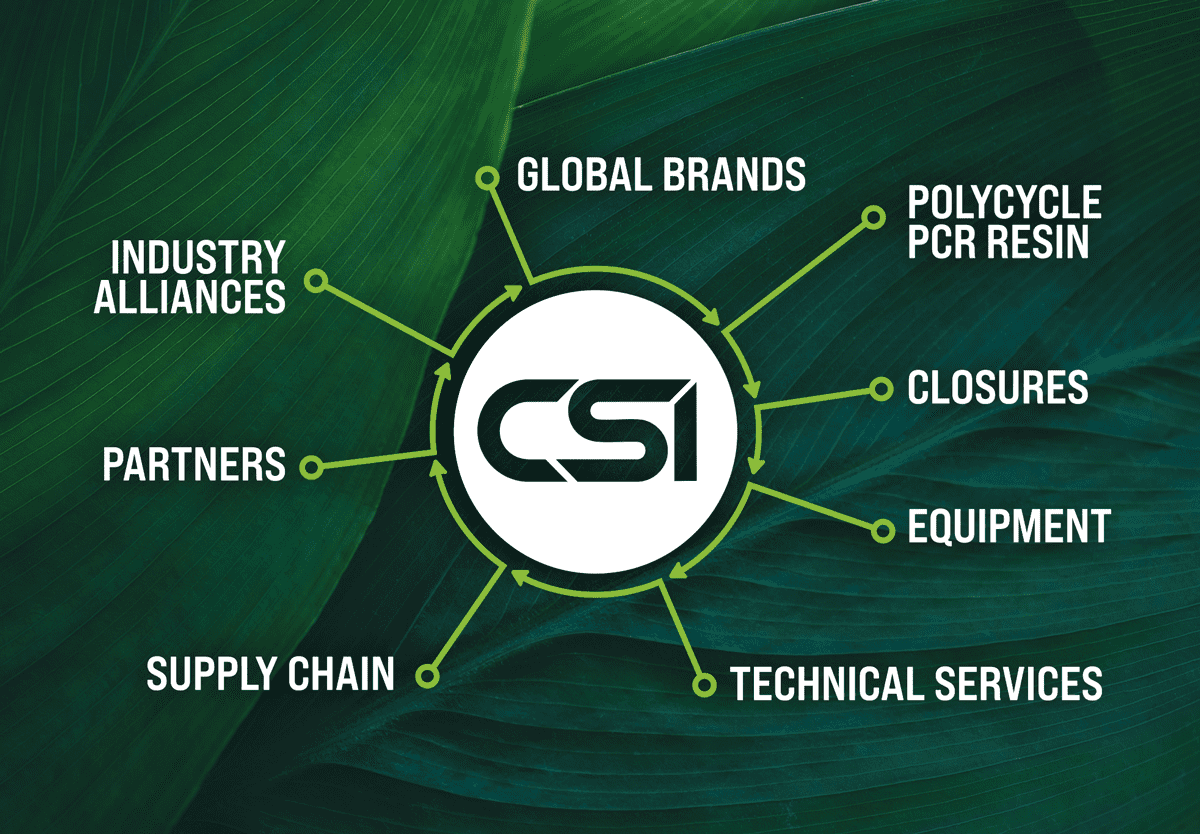
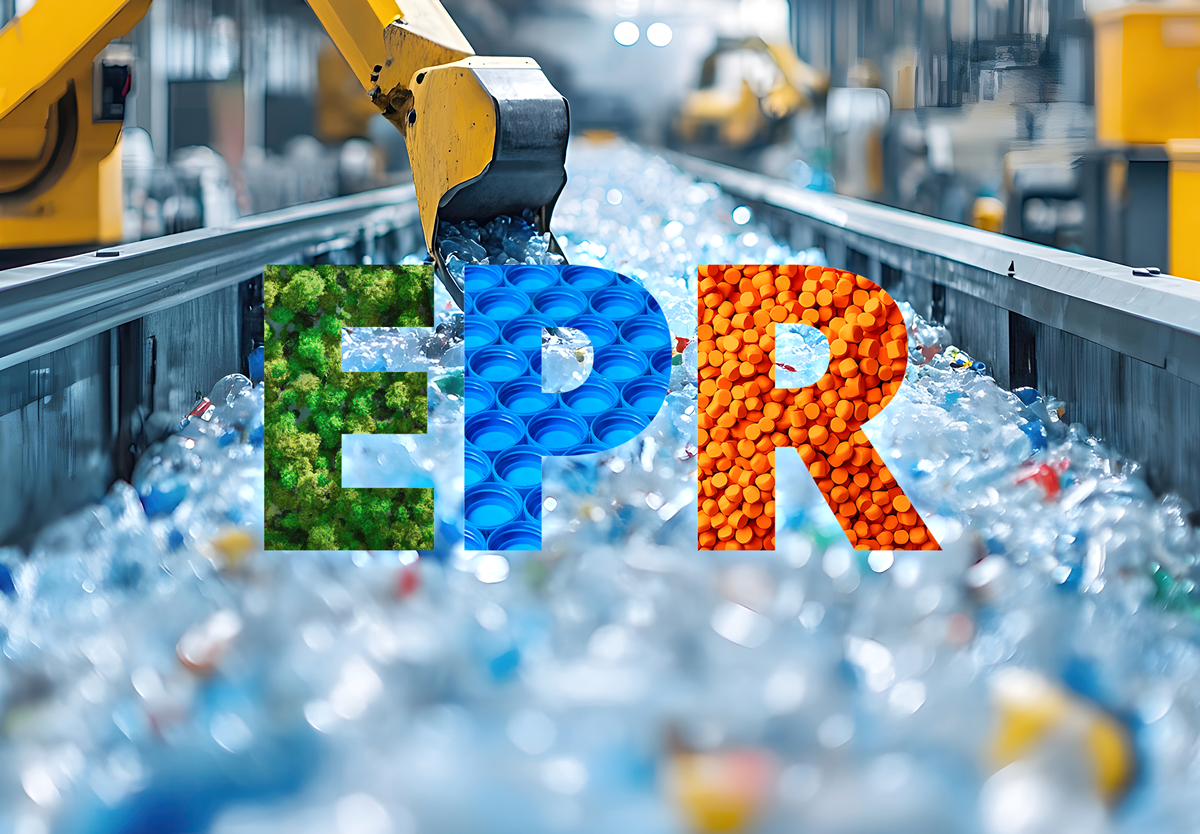

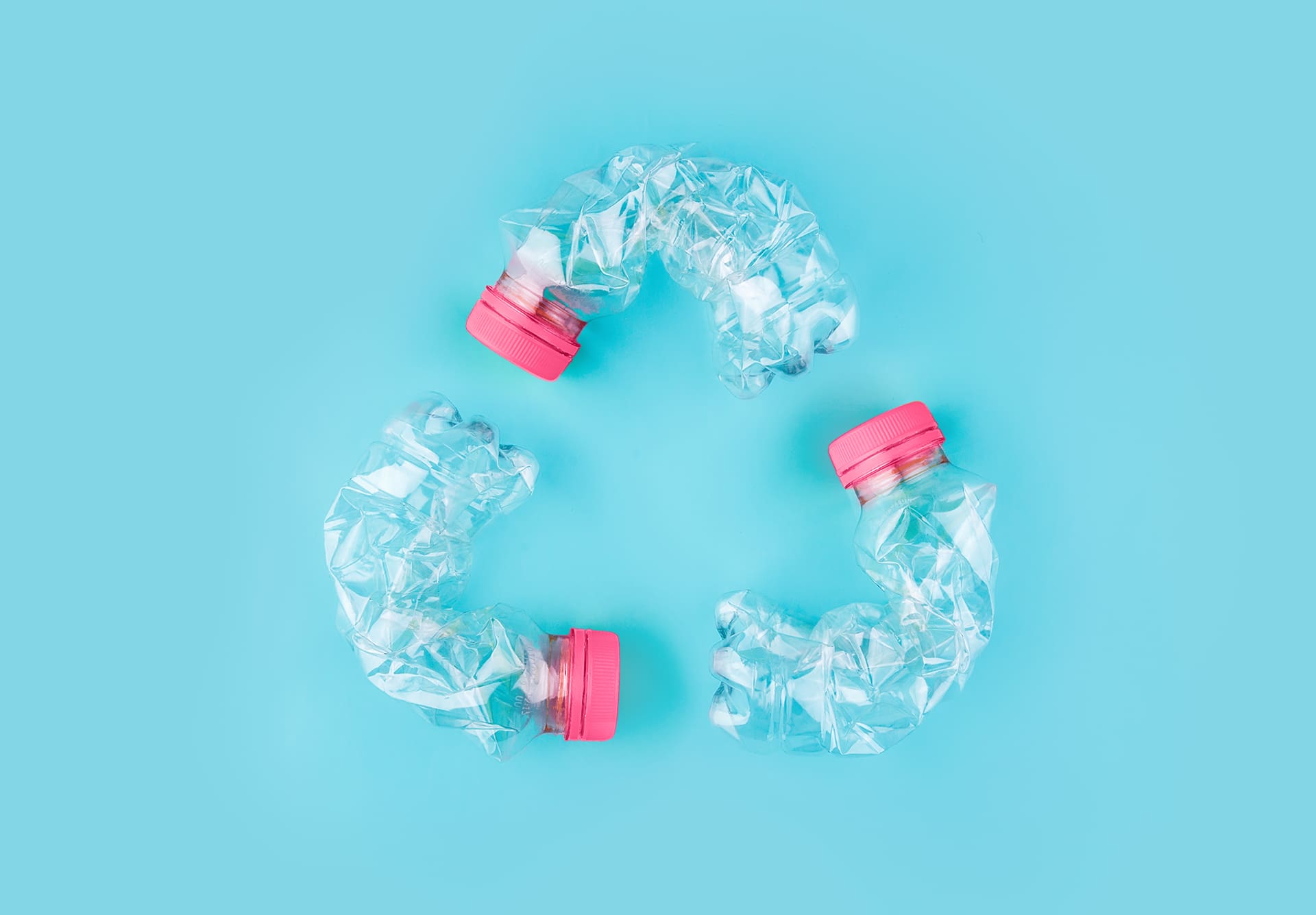
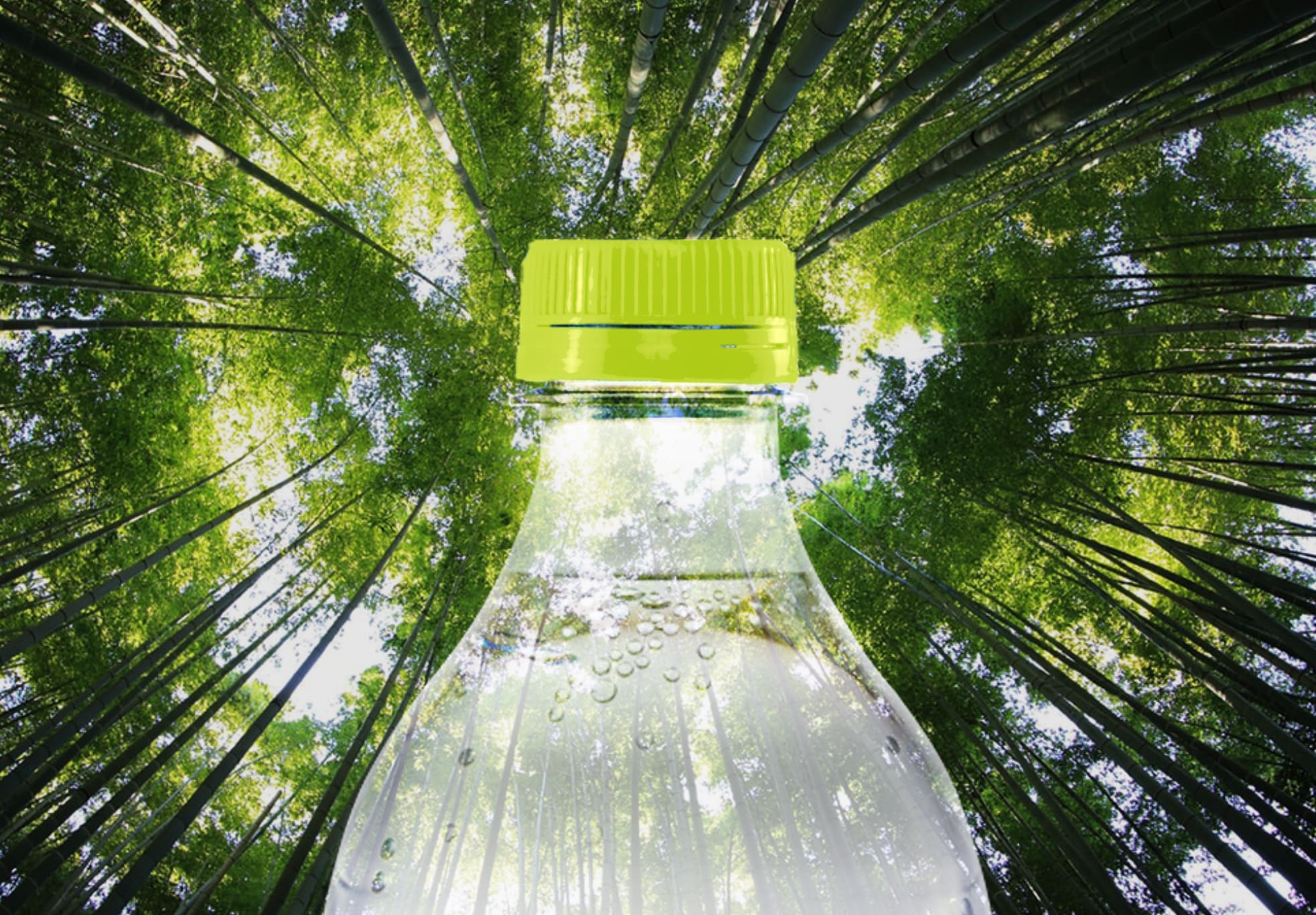


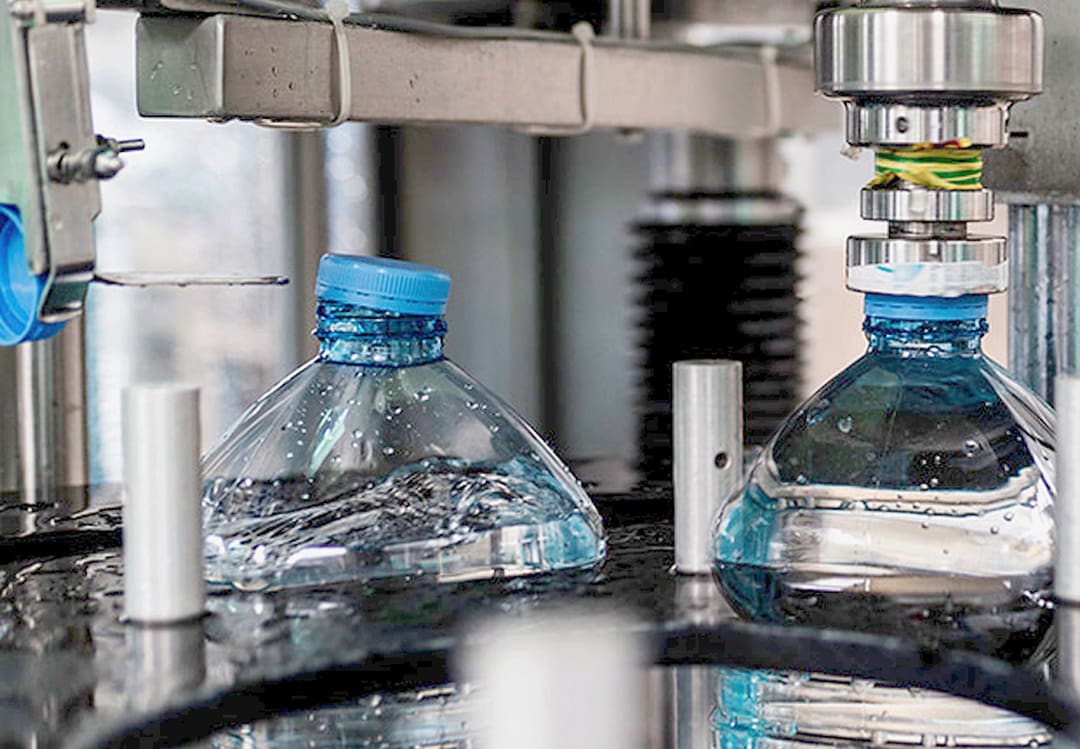

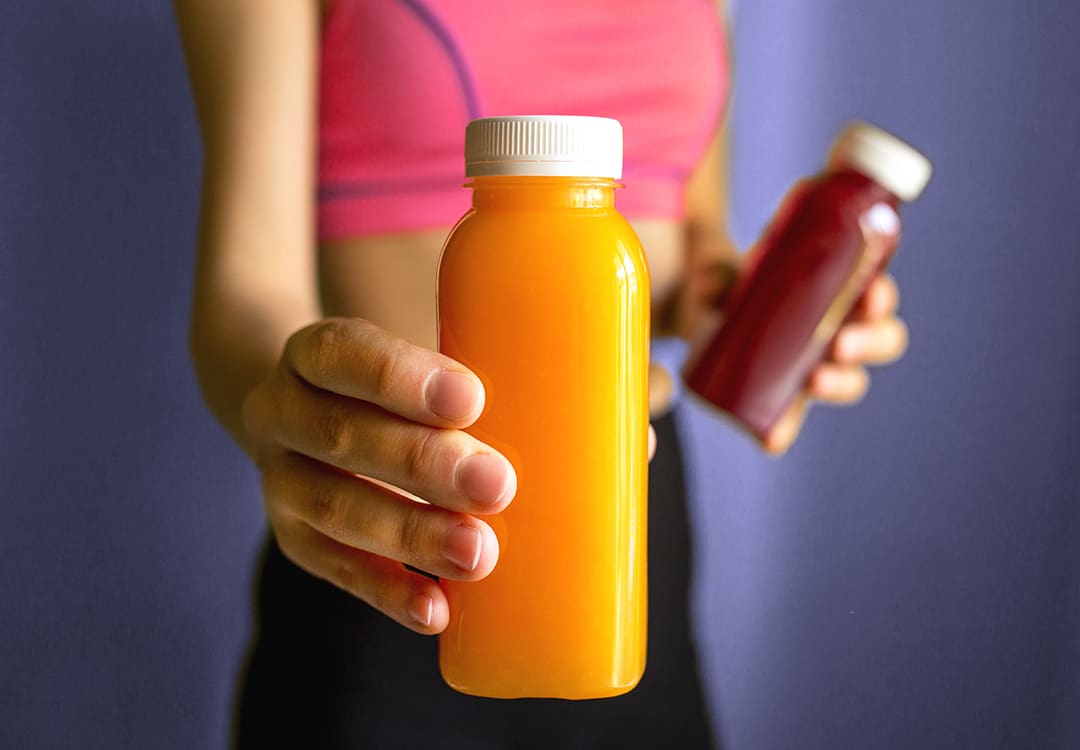
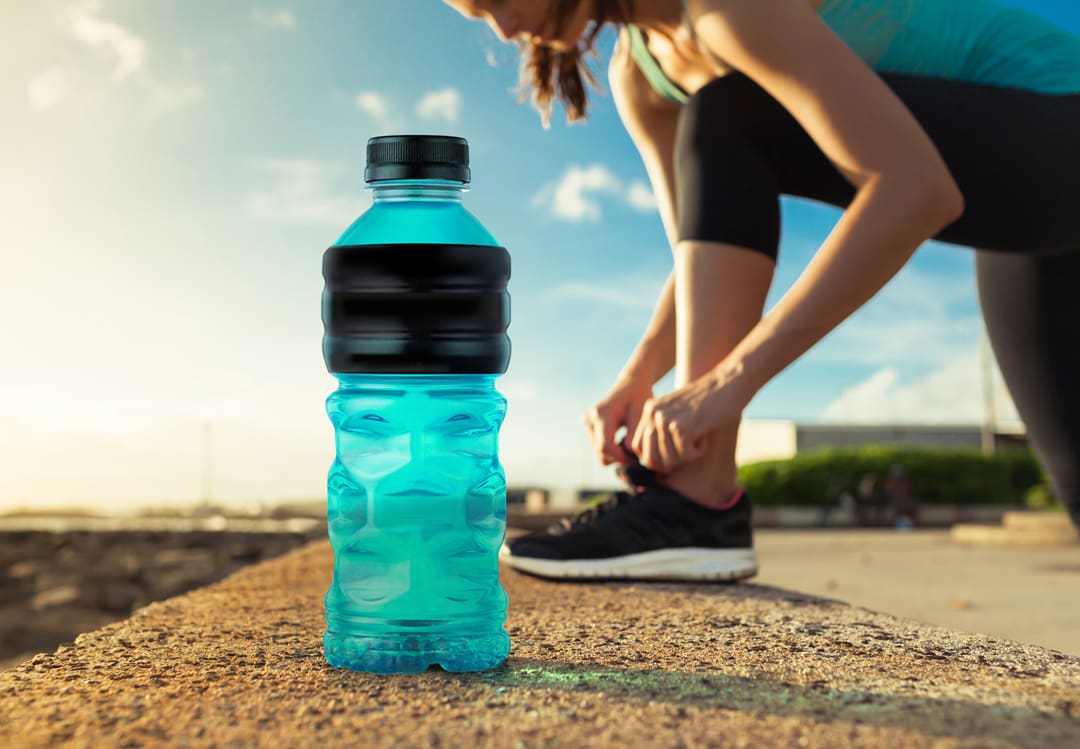
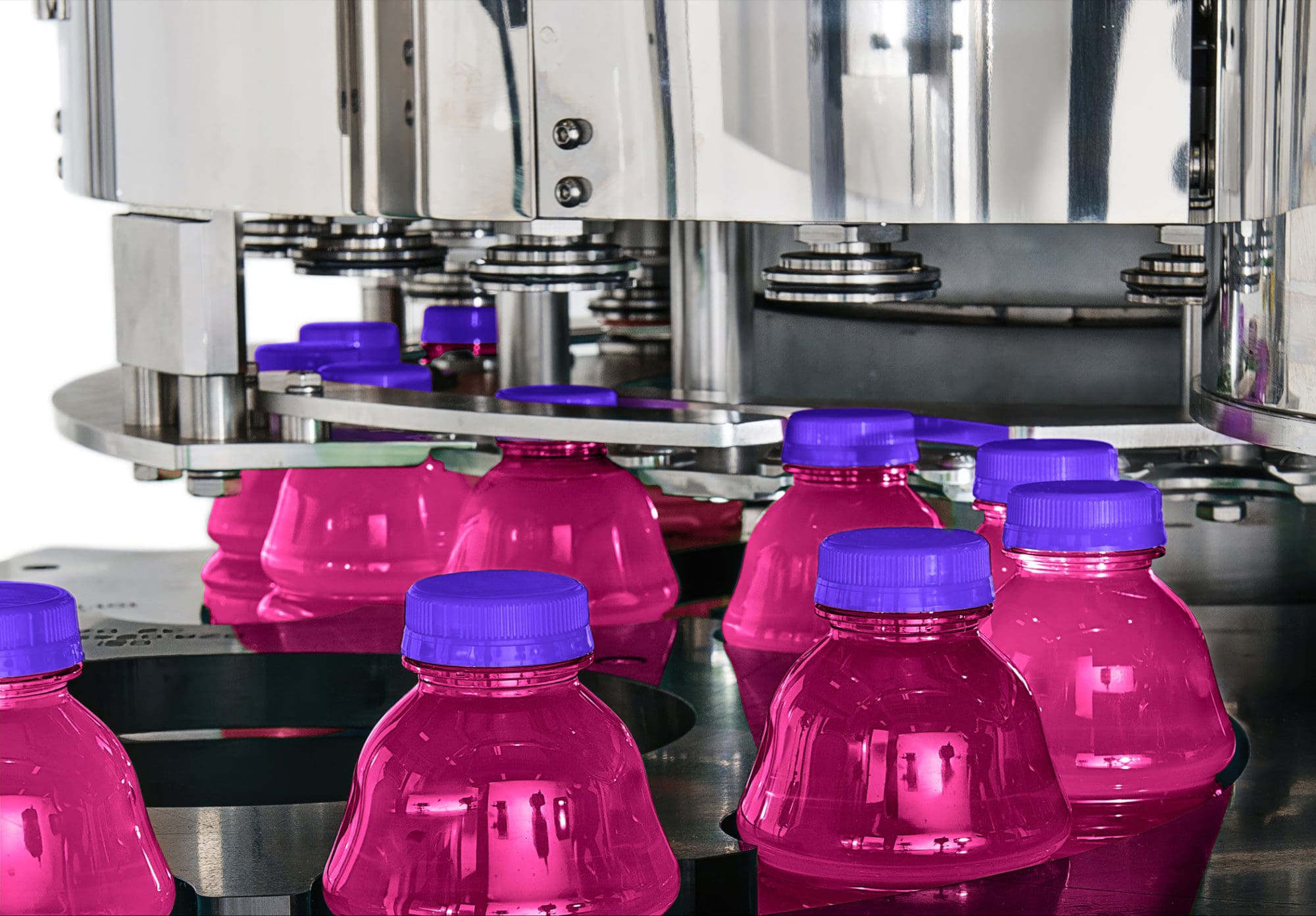
Recent Comments